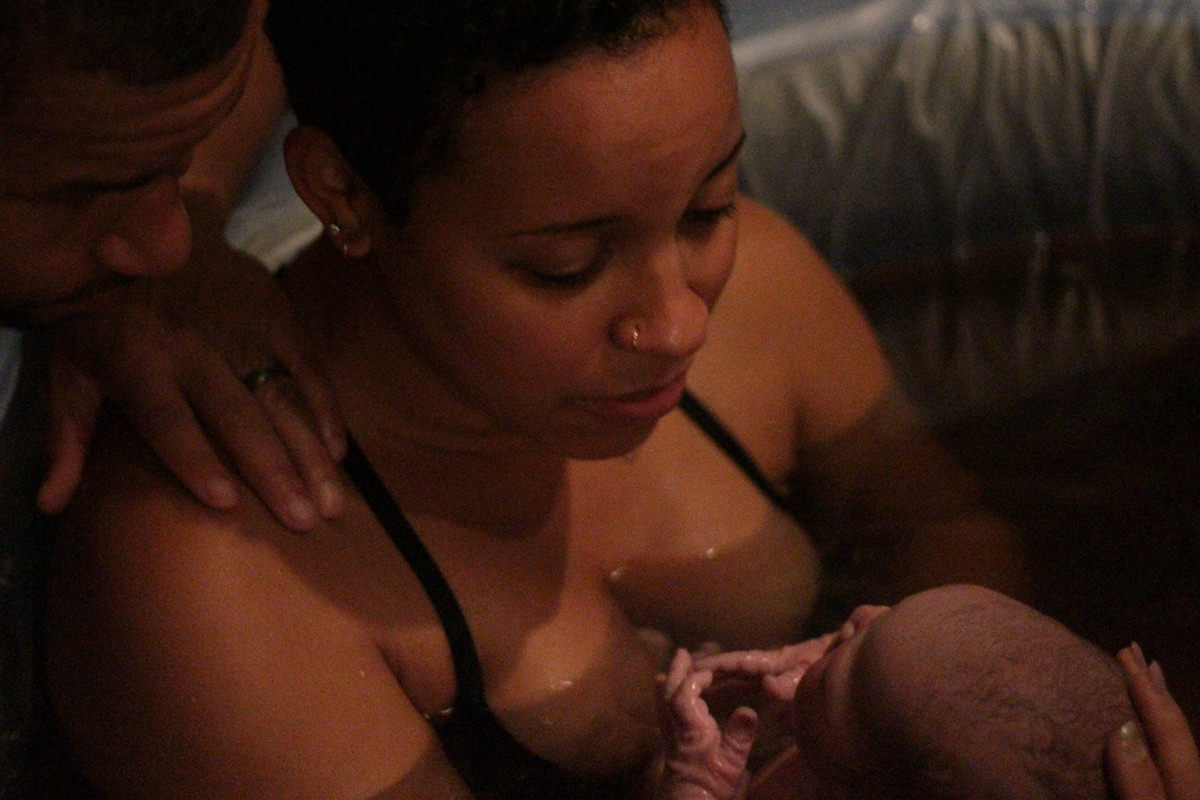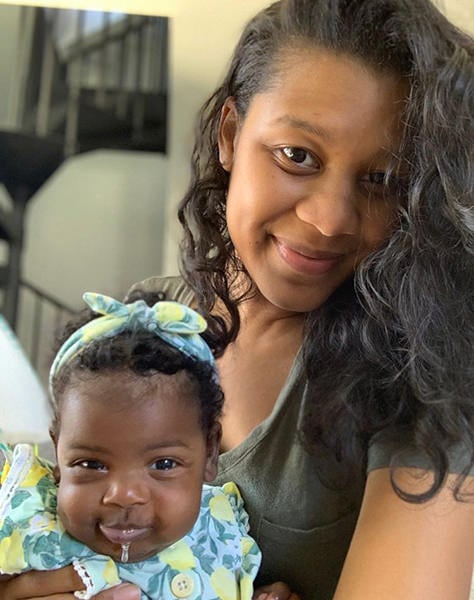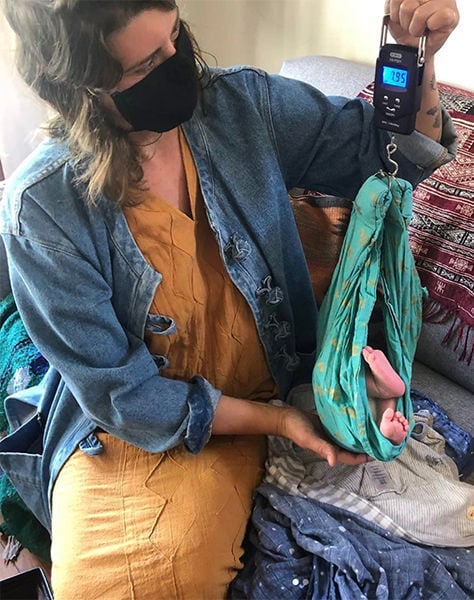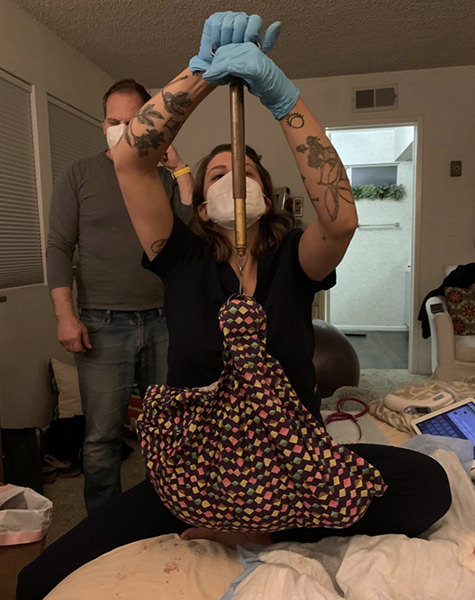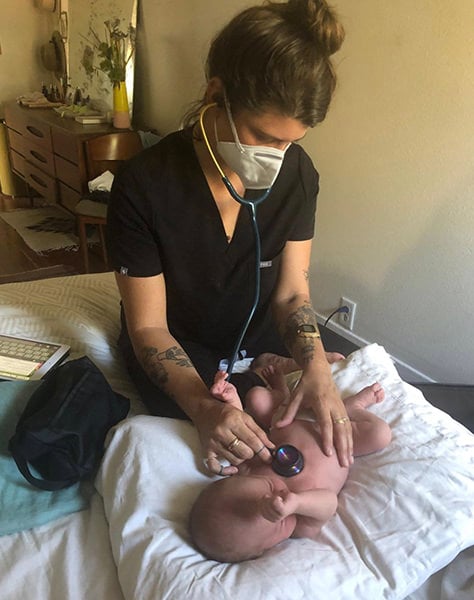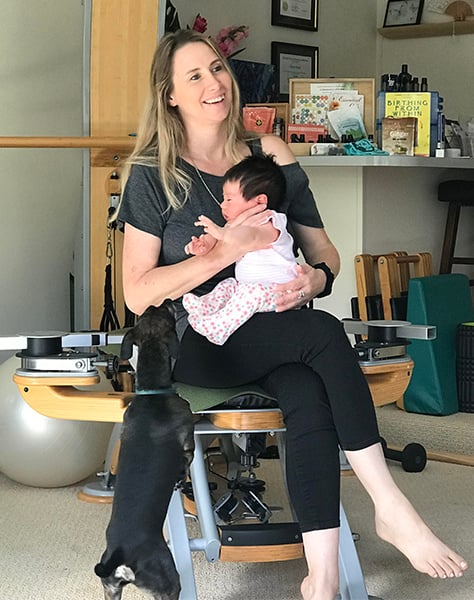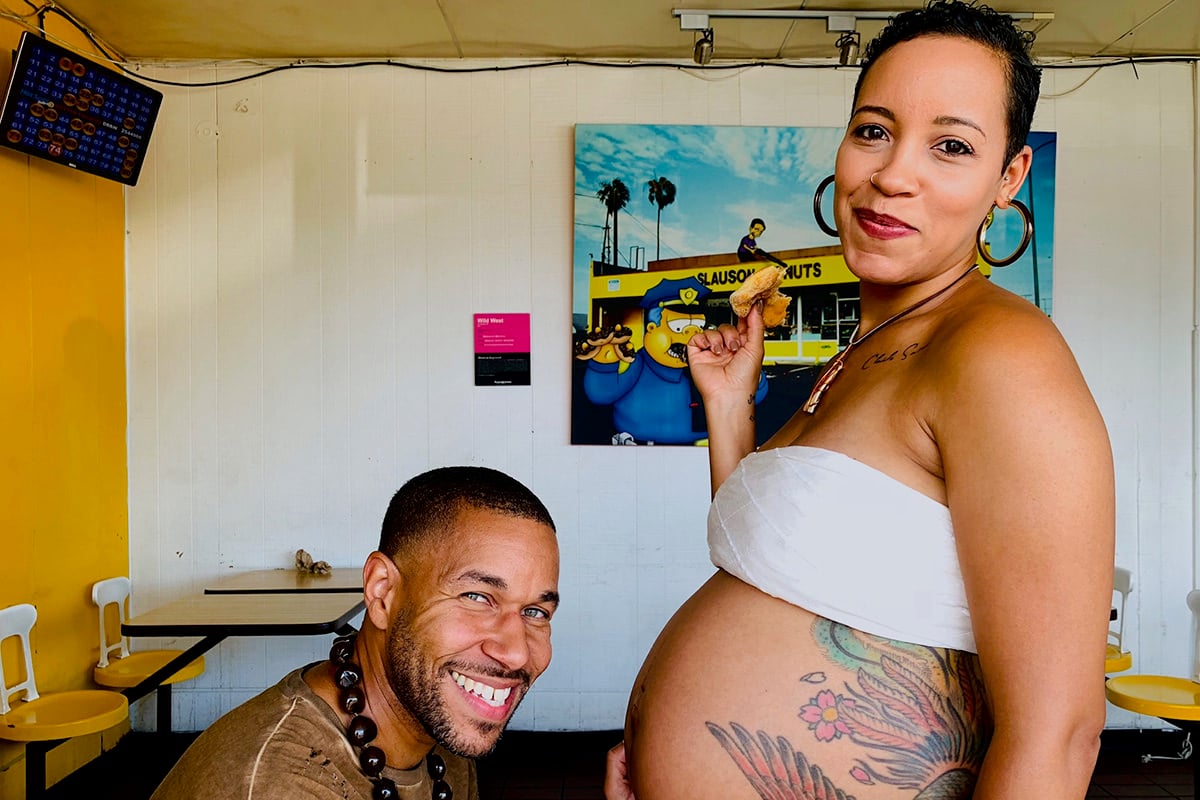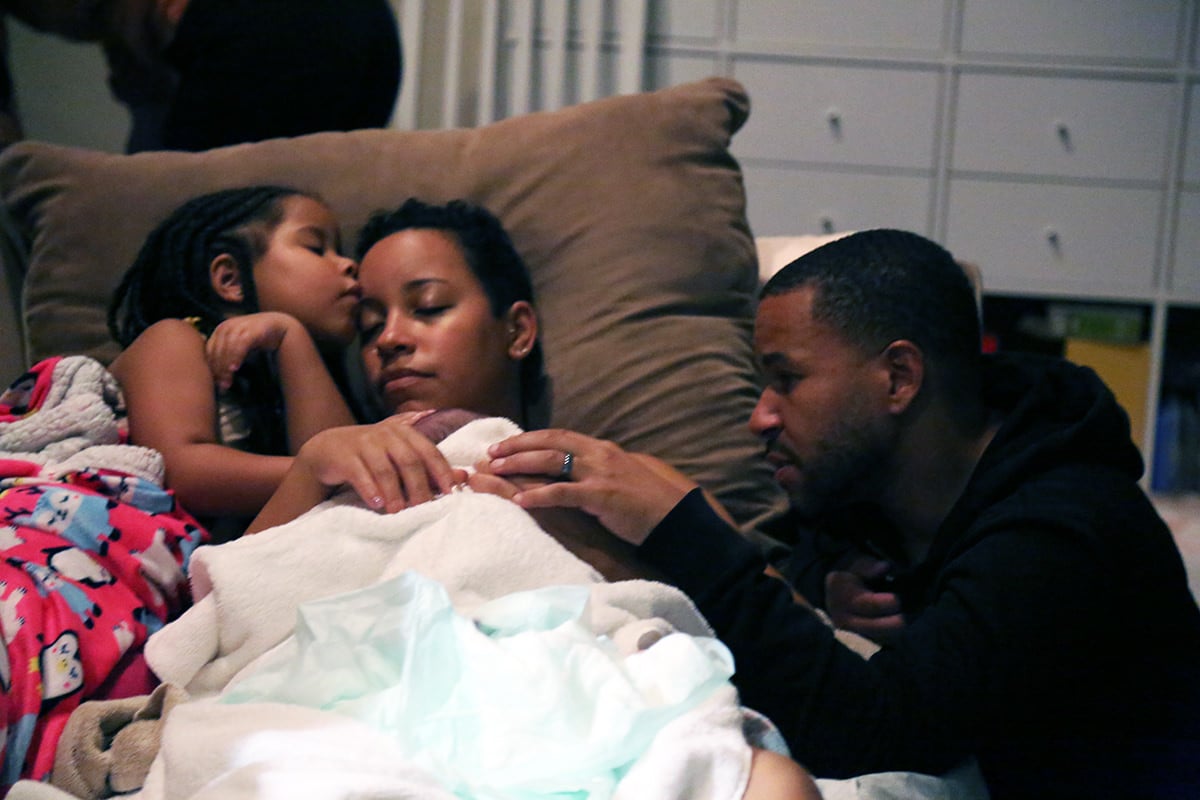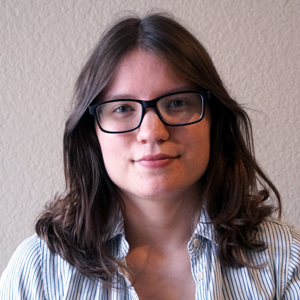One month after her miscarriage, she began her training to become a doula. Now, she works to help women navigate healthy birth plans. The daunting statistic about infant mortality among Black women rarely leaves her mind.
“I did not believe that statistic when I first heard it,” she said. “To hear that … I still have my moments of denial, but that’s why I became a doula.”
She has helped Black women through births of every nature, including cesarean sections and other complications. Underlying health conditions that impact pregnancy are one reason the infant and maternal mortality rates are so high for Black women.
On the front lines: Legislation and education
The U.S. Department of Health and Human Services stresses that because Black women have a higher chance of developing chronic diseases associated with pregnancy-related mortality, it’s critical they have constant support and education throughout their pregnancy to improve outcomes. Compared with white women, Black women experience higher mortality from cardiomyopathy, hypertensive disorders of pregnancy and hemorrhaging, according to a study by the Women’s Health Research Institute in New York.
Allen, the LA County health official, said women often blame themselves and their behavior if they lose a baby.
“But on a group level,” she said, “there’s absolutely no evidence to support the idea that Black women do more risky things than white ones.”
In fact, she added, there’s evidence pointing in the opposite direction.
“For example, Black women who do not smoke have worse outcomes (from pregnancy) than white women who do smoke,” Allen said. “Race trumps smoking – and you know how bad smoking is.”
For all women, stress can impede easy births and cause complications in any stage of pregnancy. Stress stemming from racism, combined with the widespread concern about hospitals during the pandemic, make for a tense environment for some expecting mothers.
Regardless of the situation, Allen said, education is a good place to start combating health disparities. For the Black community, one of the most important parts of maternal education is learning to identify signs of preterm labor, which Allen called one of the biggest causes of Black infant mortality.
Allen said many are just beginning to understand how the racism Black mothers face exacerbates pre-existing medical conditions.
Senate Bill 474 was signed by Gov. Gavin Newsom last October to help address the disparity in maternal mortality rates among women of color in California. The law mandated implicit bias training for all perinatal health care providers in California as of January 2020.
Paving the way for mothers next-door
White said education was vital to her during her pregnancies, but she knows not every mother-to-be gets it. She lives in Baldwin Hills, California, which sometimes incorrectly is called Black Beverly Hills.
“It’s not that at all, it’s very diverse,” she said. “But it’s seated above an area we call the Jungles.”
She and her daughter listen to the Jungles some nights and have learned to decipher gunshots from fireworks. The neighborhood used to be called the Jungle because of the tropical foliage, but after the community protested that the name made it sound wild and animalistic, Los Angeles renamed the neighborhood Baldwin Village.
During her first pregnancy in 2015, White shopped in the area and saw lots of young Black mothers.
“I knew that if I was not educated myself, I could not imagine that any of those young women on the streets truly understood what they needed to do for their pregnancy,” she recalled. “You have to do a lot for yourself.”
In addition to “scary,” White used another word to describe her first delivery: overcoming. She felt even more in control of her second birth, where she was able to be at home.
“I got to take walks in the back yard when I was in labor. I got to sing in the shower with my husband, I was in my environment” White said. “That was rich.”
That power and strength she felt through her pregnancies, having a doula and becoming one herself is part of the reason she helps women every day. Since starting as a doula, she has helped numerous Black women through some of the challenges of pregnancy and fulfills one of the most important needs of pregnant women – to be heard, and to be seen.
“I think Black women seek the holistic approach because we want someone to see us, we want to learn, we want the full approach not the medical approach. We are not numbers, we are people,” White said. “Midwives do that. They see you.”
